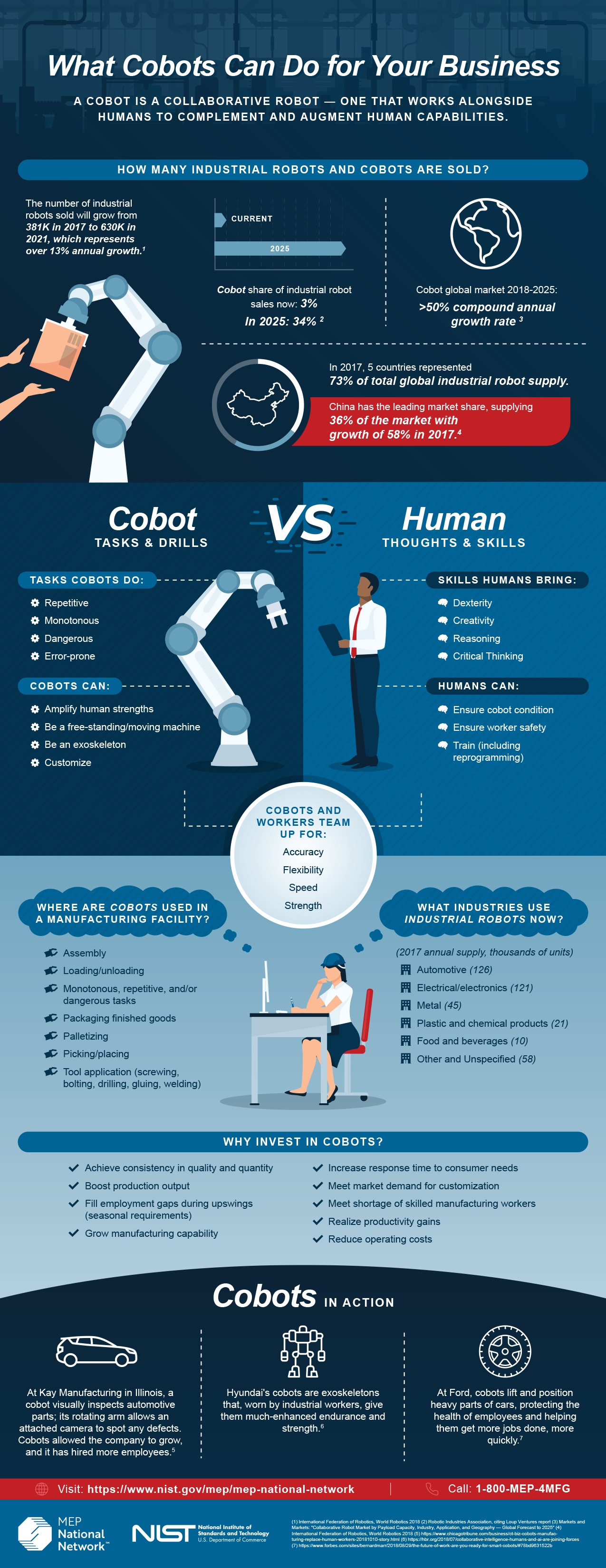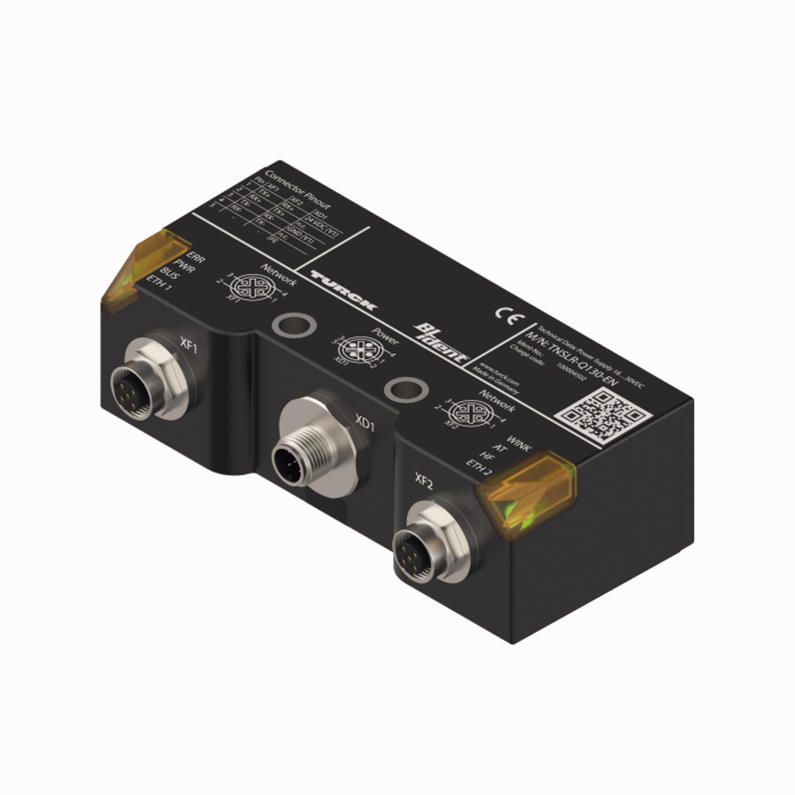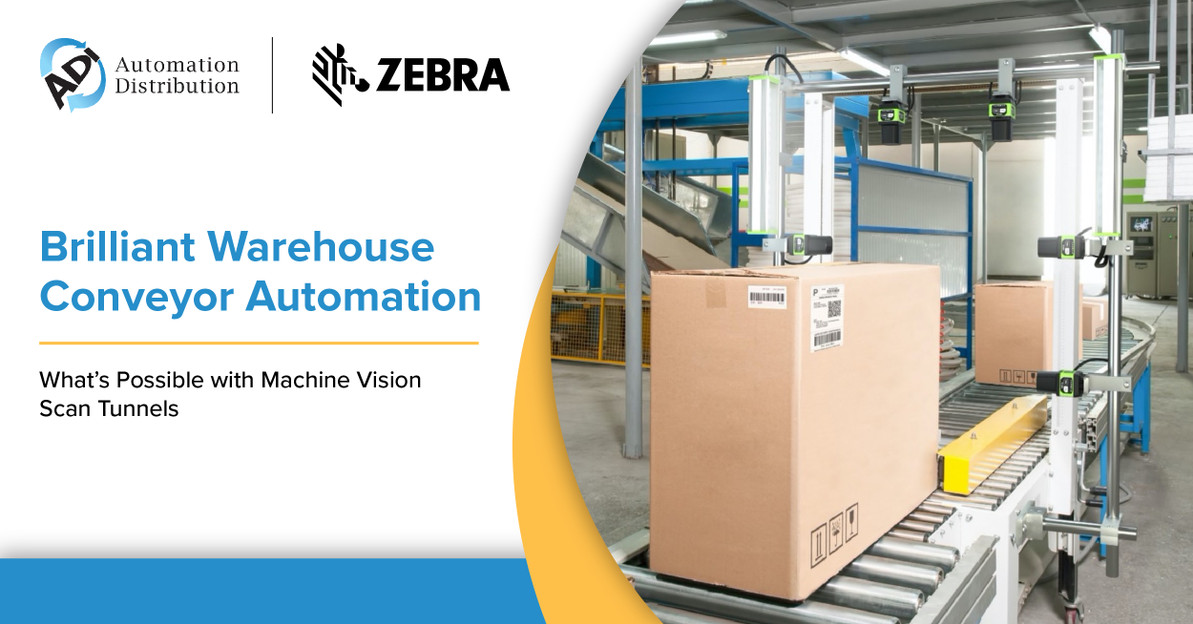Why Are Manufacturers So Slow to Accept New Technology?
The manufacturing sector often lags behind other industries in the adoption of software and technology. Whether it's the cutting-edge technologies like automation and artificial intelligence or the seemingly simple transition to a paperless environment, manufacturing has not fully embraced technology and remains several years behind other sectors. While this may not be groundbreaking news, the question arises: why is technology adoption so challenging for manufacturers, and what sets them apart from other industries in this regard?
The reluctance of the manufacturing industry to adopt technology solutions primarily stems from its complex history and the unique challenges it faces. The core issue can be distilled into a single word: time. Manufacturing operations run around the clock with very limited downtime, making it incredibly difficult for plant managers to allocate time for evaluating and implementing new technology.
Why is production a continuous process? It's not merely for amusement; it's a necessity. Human beings possess an insatiable drive to invent and improve, resulting in meticulously designed products, from everyday items like pencils to advanced cars, tech gadgets, and consumer goods. Meeting consumer demand is essential for manufacturers to remain in business, and often, they opt for constant production even if it is not optimized.
Manufacturers acknowledge their facility's shortcomings and the potential technology that could enhance production, but they may fear that the downtime required for implementation and facility reconfiguration would be prohibitively expensive. This mindset is rooted in the challenges of older manufacturing technology, which was cumbersome and disrupted workflows. However, modern technology has introduced user-friendly solutions like no-code/low-code platforms and cloud storage, which make implementing solutions smoother. Yet, many manufacturers remain understandably skeptical and hesitant to take a risk that could jeopardize their business.
Manufacturing plants operate continuously to meet demand, and although leaders understand that advanced technology can optimize their operations, they are reluctant to risk perceived downtime. This cycle repeats itself, but it doesn't mean that manufacturing is doomed. Challenges exist, but they are not insurmountable, and there are opportunities for improvement.
The Path Forward
To improve process efficiency, businesses must first identify and quantify their shortcomings. Leaders need to understand how far they fall short of their targets or the duration and impact of daily downtime. These insights provide a clear picture of the situation and serve as a benchmark for future success.
Once leaders have a detailed understanding of areas for improvement, they should start small. While there are comprehensive tech solutions available, opting for incremental improvements can be more manageable for businesses unaccustomed to advanced technology. Starting small helps organizations adapt to the changes and control troubleshooting.
Sustainability is crucial. To ensure that new tech implementations are successful in the long term, manufacturers should proceed at a manageable pace. Attempting to implement too much too quickly can lead to extended outages, costly downtime, and employee frustration. Collaboration with system integrators and plant managers is essential to strike the right balance and ensure continued success.
Tech Opportunities for Manufacturers
The manufacturing industry has a complex relationship with technology. Manufacturers recognize the potential for efficient solutions that can enhance production, but they often lack the time and resources to thoroughly research, test, and implement these solutions. Manufacturing is a complex sector, marked by the constant pressure to produce.
In the quest to bridge the technology adoption gap in manufacturing, collaborative robots, often referred to as cobots, are emerging as a game-changing solution. These robots, designed to work alongside human operators, offer a rapid and accessible path to enhanced productivity. Unlike traditional industrial robots that require extensive programming and complex setup, cobots can be easily deployed in a day or even less. Their user-friendly interfaces and intuitive programming capabilities allow for quick integration into existing manufacturing processes, without the need for specialized expertise. Cobots not only streamline tasks but also alleviate concerns about downtime and complex installations, making them a practical and efficient choice for manufacturers looking to embrace technology without disrupting their operations.

To remain competitive in today's high-tech market, manufacturers should pursue incremental wins, whether it's transitioning to a paperless environment or exploring digitalization options. The first step in embracing the modern, high-tech possibilities of manufacturing is to open the door to change, even if it's just a crack.
Are you a part of the manufacturing world seeking solutions to enhance your operations? Don't let technology adoption challenges hold you back. We understand the unique hurdles you face, and we're here to help. To take that crucial step toward unlocking the potential of technology in your manufacturing processes, we invite you to schedule a 15-minute call with our experts. We'll tailor our advice to your specific needs and provide insights to help you overcome the obstacles in your path. Let's explore the possibilities, find practical solutions, and pave the way for a more efficient future in manufacturing.
Recent Posts
-
Best Methods for Connecting Older Devices and Machines for Data Analysis
In today's rapidly advancing technological landscape, data analysis has become a cornerstone for inf …May 6th 2024 -
Introducing the Turck Q130 HF Read/Write Head: Revolutionizing RFID Data Management
In today's fast-paced industrial landscape, efficiency and accuracy are paramount. The ability to se …Apr 30th 2024 -
Using Scan Tunnels to Track, Sort and Route Warehouse Packages
If you’re using conveyor lines to move products, packages and shipments through your warehouse, the …Apr 17th 2024




